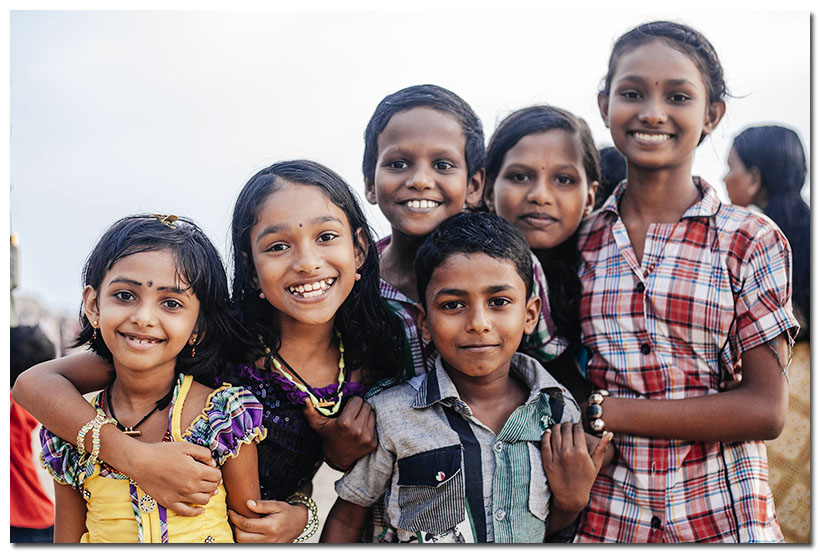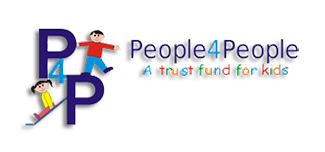
About People4People
People4People (P4P) is a trust fund founded in 2004 in Bengaluru by Dr Arjun Kalyanpur, an internationally acclaimed radiologist, and Dr Sunita Maheshwari, a leading paediatric cardiologist. Operating across India, P4P focuses on creating meaningful, grassroots impact by building playgrounds for children in government and charitable schools in underserved communities, while also championing sustainability and skill development initiatives.
Committed to enhancing play environments, P4P has equipped 645 government and charity primary schools across six states with high-quality, durable playground equipment since 2004.
P4P aims to drive sustainability by implementing initiatives like rainwater harvesting, sewage treatment plants, and urban afforestation. Additionally, it seeks to foster skill development and employment opportunities in these domains, particularly in the fabrication, installation, and maintenance of playground equipment for primary schools and RWH structures.
Sustained by contributions from group companies, individuals, and institutional donors, P4P continues to create a lasting social impact.
Core Values

Objectives
By 2030, People4People aims to:
- Equip 100,000 schools with durable outdoor play equipment.
- Construct 1,000 Rainwater Harvesting (RWH) structures for water conservation.
- Build 1,000 Sewage Treatment Plants (STPs) for cleaner environments.
- Train 10,000 youth and unskilled adults in play infrastructure and sustainability solutions.
- Promote policies integrating play, sustainability, and skilling into development plans.
- Secure diverse funding sources for long-term impact.
- Continuously measure, refine, and expand programs for maximum effectiveness.
Broad Strategies to Achieve Objectives
Strategic Partnerships & Collaborations
- Work with government bodies, NGOs, CSR programs, and community organisations to scale impact.
- Partner with educational institutions and policymakers to integrate play, sustainability, and skilling into school and urban development plans.
Community Engagement & Grassroots Mobilization
- Involve local communities, teachers, and students in maintaining play equipment and sustainability initiatives.
- Conduct awareness campaigns on the importance of play, water conservation, and sanitation.
Sustainable & Scalable Implementation Models
- Develop cost-effective, high-quality designs for play equipment, RWH structures, and STPs.
- Leverage modular and standardised installation techniques to speed up deployment across multiple locations.
Skill Development & Employment Creation
- Train local youth and unskilled workers in the fabrication, installation, and maintenance of playgrounds, RWH structures, and STPs.
- Facilitate job placements and entrepreneurship opportunities in these sectors.
Robust Monitoring & Impact Assessment
- Establish a strong monitoring framework with regular evaluations and feedback mechanisms.
- Use technology (data analytics, GIS mapping, mobile tracking) to assess impact and optimise resource allocation.
Diverse & Sustainable Fundraising
- Secure funding through corporate CSR programs, philanthropic foundations, individual donors, and institutional grants.
- Explore social impact investments and government subsidies for sustainability initiatives.
Advocacy & Policy Influence
- Work with policymakers to mandate play areas in schools and promote environmental sustainability regulations.
- Drive public awareness campaigns to create a stronger push for systemic change.
